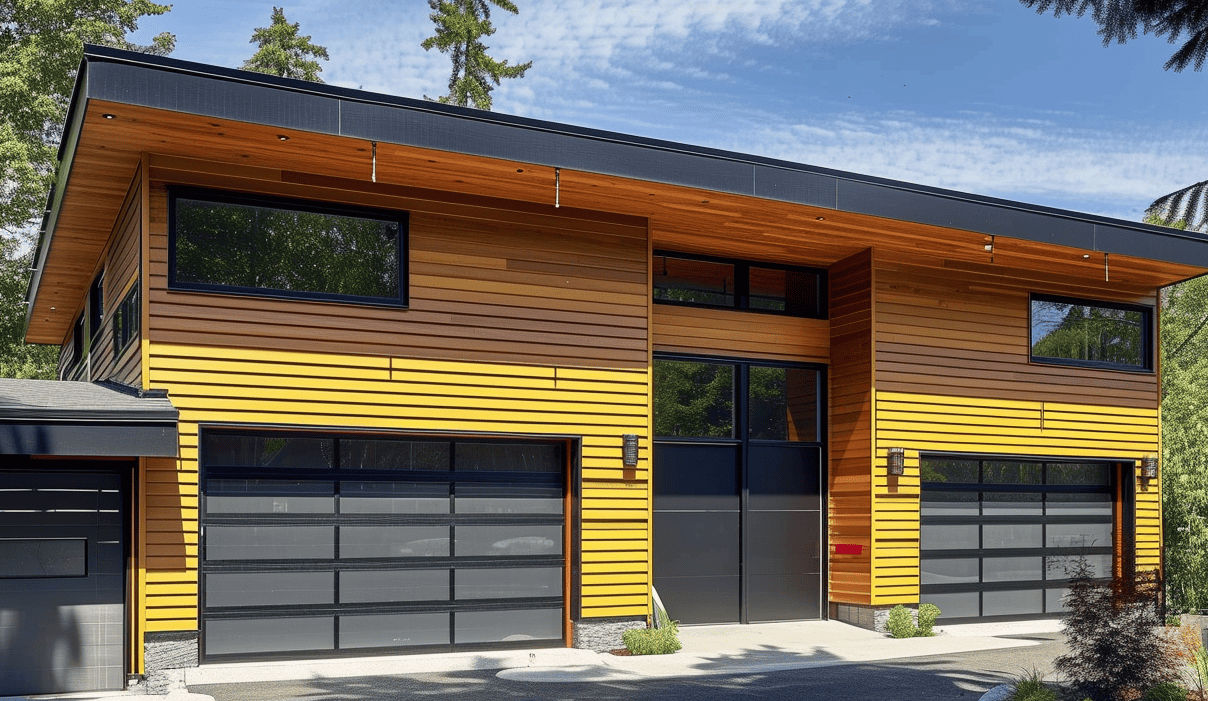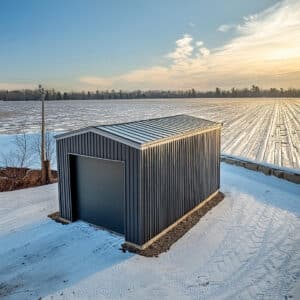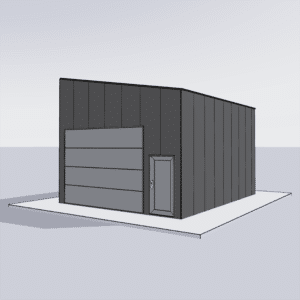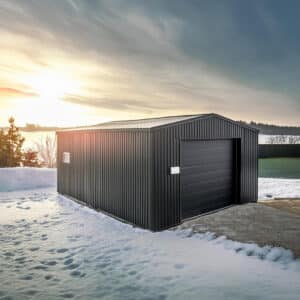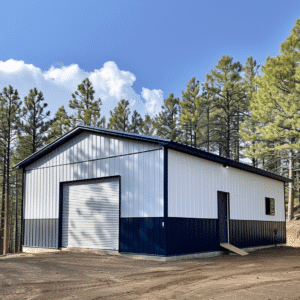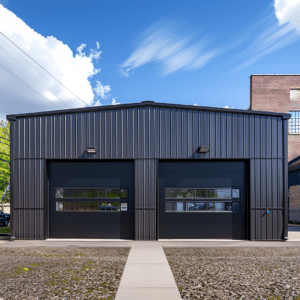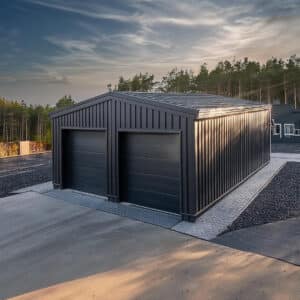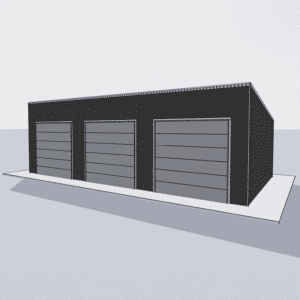Have you ever driven by a construction site and wondered what all those papers plastered on a makeshift wall are for? They’re not decorative; these documents are actually construction permits, which hold a pivotal role in any building project, big or small. Before we delve into why construction permits are essential, let’s first lay out what they are. At their core, construction permits are official approvals issued by local authorities permitting the construction or renovation of a property. These authorizations ensure the planned work complies with local standards for land usage, zoning, and construction, safeguarding public health and safety.
Why Do We Need Construction Permits?
To some, the idea of obtaining permits might seem like an unnecessary hurdle. However, imagine building a house without guidelines – it could end up as a safety nightmare, akin to building sandcastles too close to the shore without understanding the tide’s reach. Rhetorical question: Would you feel comfortable living in such chaos?
The Role of Safety
Construction permits fundamentally act as a security blanket. Their main purpose is to protect the public by ensuring the building is safe to occupy after completion. Without them, poorly constructed buildings could pose risks from structural failures, fires, or even electrical hazards.
Ensuring Compliance with Local Building Codes
Every region has specific Permits and Local Building Codes for Steel Buildings. By requiring permits, municipalities can ensure compliance with these codes. This compliance is crucial because codes are developed to cover all aspects of building safety, including fire safety, energy efficiency, and even accessibility. Think of it like following the rules of the road when driving – it ensures everyone reaches their destination safely.
Addressing Environmental Concerns
Construction projects have the potential to impact the environment significantly. Permits help manage these effects by enforcing regulations designed to protect local ecosystems. For instance, buildings must abide by energy efficiency requirements to reduce carbon footprints, similar to ensuring a car emits the least possible pollution.
Types of Construction Permits
Depending on the nature of the project, different types of permits may be required. Here’s a quick breakdown:
Building Permits
These are the most common permits, and they cover new construction as well as major renovations. Whether you are adding a new room to your home or erecting a steel building from scratch, a building permit ensures your project follows structural and safety guidelines.
Electrical and Plumbing Permits
Handling electrical wiring or plumbing systems incorrectly can lead to dangerous outcomes. These permits ensure work performed aligns with the stringent safety codes that prevent issues like short circuits or water contamination.
Demolition Permits
Should you need to tear down an existing structure, a demolition permit ensures the process does not endanger surrounding properties or the environment.
The Permit Application Process
The journey to obtaining construction permits may seem convoluted, but it’s manageable if approached systematically.
Steps to Obtain a Permit
1. **Plan Your Project:** Before diving into permit applications, ensure you have a detailed plan clearly depicting what the project entails.
2. **Consult Local Authorities:** Check your local government’s building department for specific requirements in your area. It’s akin to consulting a travel guide before embarking on a trip.
3. **Submit Your Application:** With detailed plans in hand, submit your application along with any required fees. This step is comparable to booking a ticket on your trip – it’s essential!
4. **Await Approval:** After submission, the waiting game begins. During this time, officials will review your plans to ensure they comply with local building codes.
5. **Adjust As Needed:** Sometimes, plans may need tweaking. Should your application reveal areas needing adjustment, revise accordingly and resubmit.
The Repercussions of Skipping Permits
Some may argue, “What if I just skip the permits?” Let’s explore why this is ill-advised.
Legal and Financial Consequences
Building without a permit can lead to legal penalties, including fines or, in severe cases, the order to dismantle the unauthorized structure. It’s equivalent to a driver facing consequences for speeding – yes, you can do it, but the risks surely outweigh the benefits.
Impacts on Insurance and Resale Values
In the real estate realm, a home built without permits can significantly lose value. Additionally, insurance claims related to damages in such homes might be denied. Wondering how to navigate around insurance concerns? Consider browsing forums on sites like Redfin for frequently asked questions and community-backed solutions.
Quality Assurance
Permits aren’t merely bureaucratic red tape; they act as quality assurance checkpoints, ensuring projects meet established standards. Without them, construction can result in subpar work prone to future issues. Imagine investing in a car with unverified features; the disappointment is guaranteed.
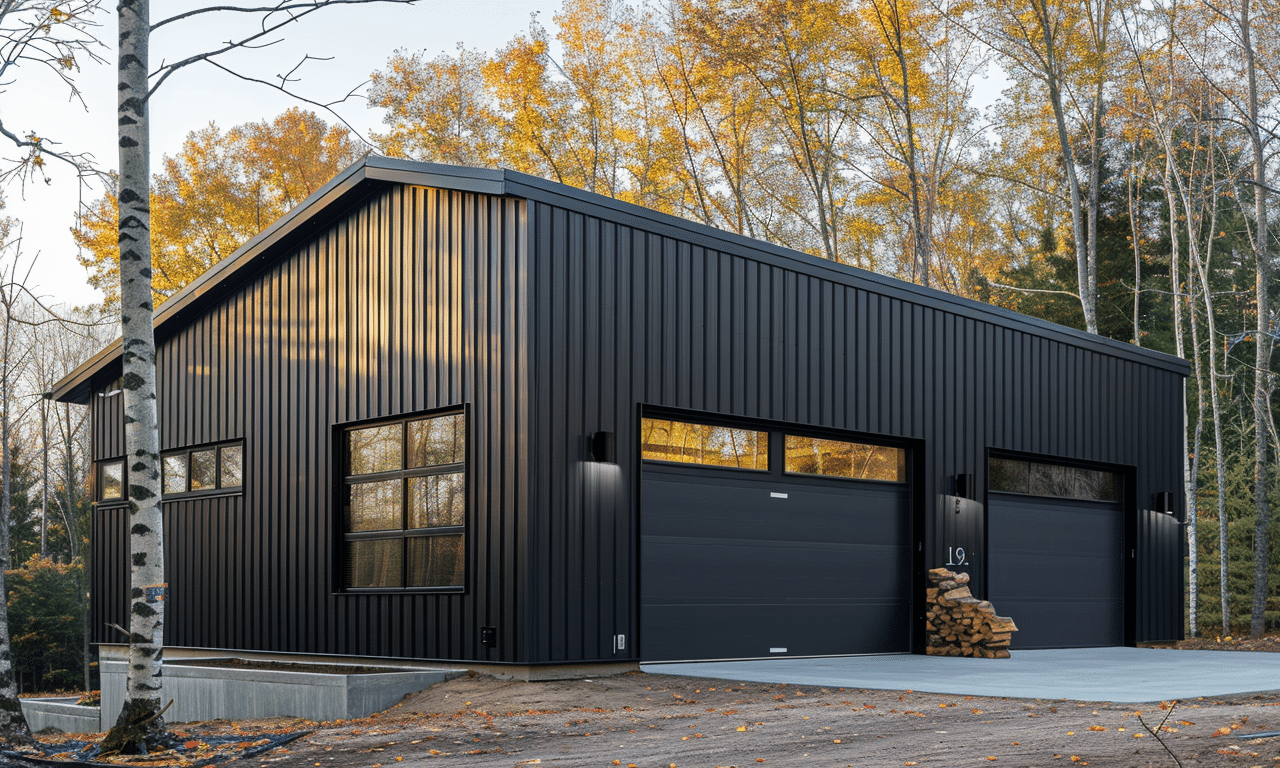
Conclusion: The Permit Matters
In conclusion, the complexity of construction projects necessitates reliable guidelines, which construction permits provide in abundance. By enforcing construction permits, municipalities ensure the safety, environmental compliance, and legal adherence of all projects, whether the focus is a wooden home or a sprawling steel structure. Ready to take on your construction project armed with knowledge? Discover more insights, tips, and tools at Your Building Team.
Permits are the lifelines for safe and legal construction, providing a structured path toward your building goals. Whether you’re navigating Construction contracts and bidding basics or reviewing local codes, remember that permits aren’t just documents; they are your assurance of quality and compliance in every brick laid and beam installed.


